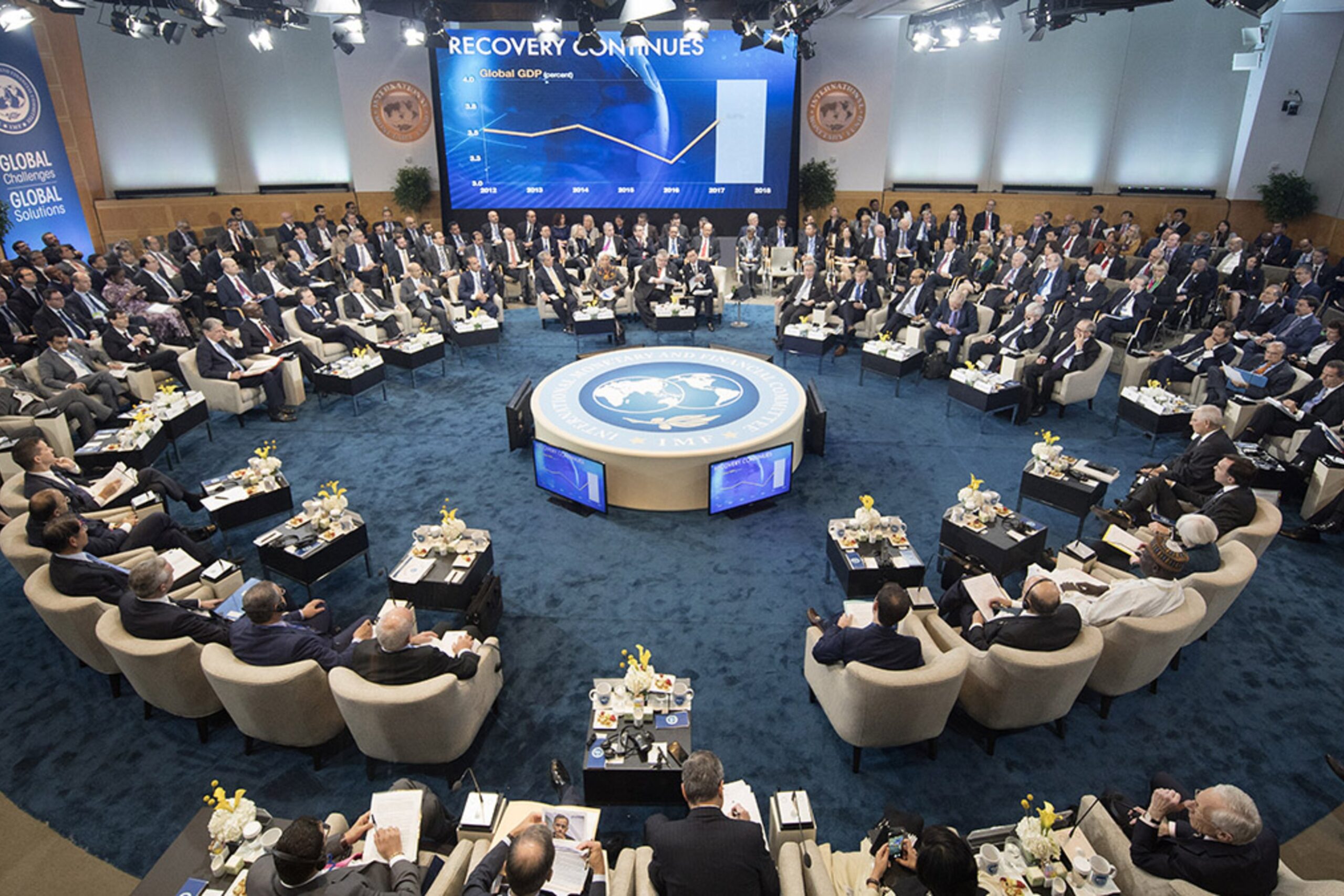Agric sector epicentre of vision 2030
THE country’s agricultural sector is the epicentre of achieving vision 2030 as it has all the ingredients of transforming the country’s economy, a Cabinet Minister has said.
Lands, Agriculture, Water and Rural Settlement Minister Dr Anxious Masuka said this yesterday when he officially opened the ministry’s strategic planning workshop in Bulawayo.
The strategic planning workshop which is running until Friday is meant to craft the ministry’s 2021-2025 strategic plan.
Before he made his presentation, Minister Masuka paid tribute to the late National Hero and his predecessor Cde Perrance Shiri, describing him as a visionary agriculturalist, whose shoes were difficult to fill.
A minute of silence was observed in honour of the National Hero.
Dr Masuka said the country cannot continue practising agriculture the way it used to about 50 years ago as this is outdated and not yielding results.
He said education should be used to transform the agricultural sector.
Dr Masuka said agricultural experts should be actively involved in the transformation of the sector at it is the centre for the attainment of vision 2030.
“We have 1,8 million rural households that are involved in agriculture and you people up here have a legacy setting to transform these rural areas through the only vehicle that they know, agriculture. We are at a very unique stage of development where for the first time we have a leader who has said this is the vision and fortunately for us the vision is for our sector to be at the epicentre of attainment of vision 2030,” said Dr Masuka.
“You must know that you are at the epicentre and behave like you are at the epicentre of things. The epicentre of things radiates sufficient enthusiasm that is infectious. Infectious to the extent that you are not only a cause core factor but a multiplier for development.”
Minister Masuka said it can no longer be business as usual in the agricultural sector where the country had become accustomed to importing food.
He said the sector helped in crafting the Agriculture and Food Systems Transformation Strategy and to implement the plan.
“For 19 years perhaps, we have achieved self-food sufficiency for at least two years. We had come to be accustomed to deficits behaving normally in an abnormal environment. And yet for vision 2030 we need several things to happen and happen differently. Otherwise doing the same thing and expecting different results is sufficient madness. My expectation is that I will see you doing different things daily in order to live to the expectations of Agriculture and Food Systems Transformation Strategy,” said Dr Masuka.
He said under the new thrust the agricultural sector should ensure that the country achieves food security and nutrition security followed by import substitution.
“Because annually we import food and other trinkets worth US$500 to $800 million dollars which can be used more meaningfully in better sectors. It can be used to pay civil servants better. You are holding back resources for civil servants by not doing your work as agriculturalists. By ensuring that we produce enough for the nation so that these resources can be released to other sectors. This year we ought to lay a firm foundation for this bold radical and transformative strategy that we have set for ourselves,” he said.
Dr Masuka said the country also needs to leverage on export diversification, value addition and beneficiation.
The minister said while the country was making reasonable money through tobacco, selling it raw was depriving the country of millions of dollars from the tobacco industry.
“In the tobacco industry we get US$500 million dollars being paid to farmers annually which is good for the 150 000 farmers or so. Then value add a bit and then we export tobacco worth US$900 million every year, but that is semi-processed. But in the neighbouring country (South Africa) that same tobacco when it is a cigarette is worth US$15 billion and you wonder why you are poor? Because you are exporting value,” said the minister.
He said his vision is to transform resettlement farmers into small and medium enterprises players who can effectively contribute to national development.
Dr Masuka said through strategies such as the horticulture recovery and growth plan, livestock growth plan, accelerated irrigation rehabilitation and development plan, the country can even achieve vision 2030 before 2030.
The workshop was attended by deputy ministers Vangelis Haritatos, Douglas Karoro, permanent secretary Dr John Basera, directors in the ministry, parastatals executives, Bulawayo Provincial Affairs Minister Judith Ncube among other senior Government officials. —chroncke.co.zw









